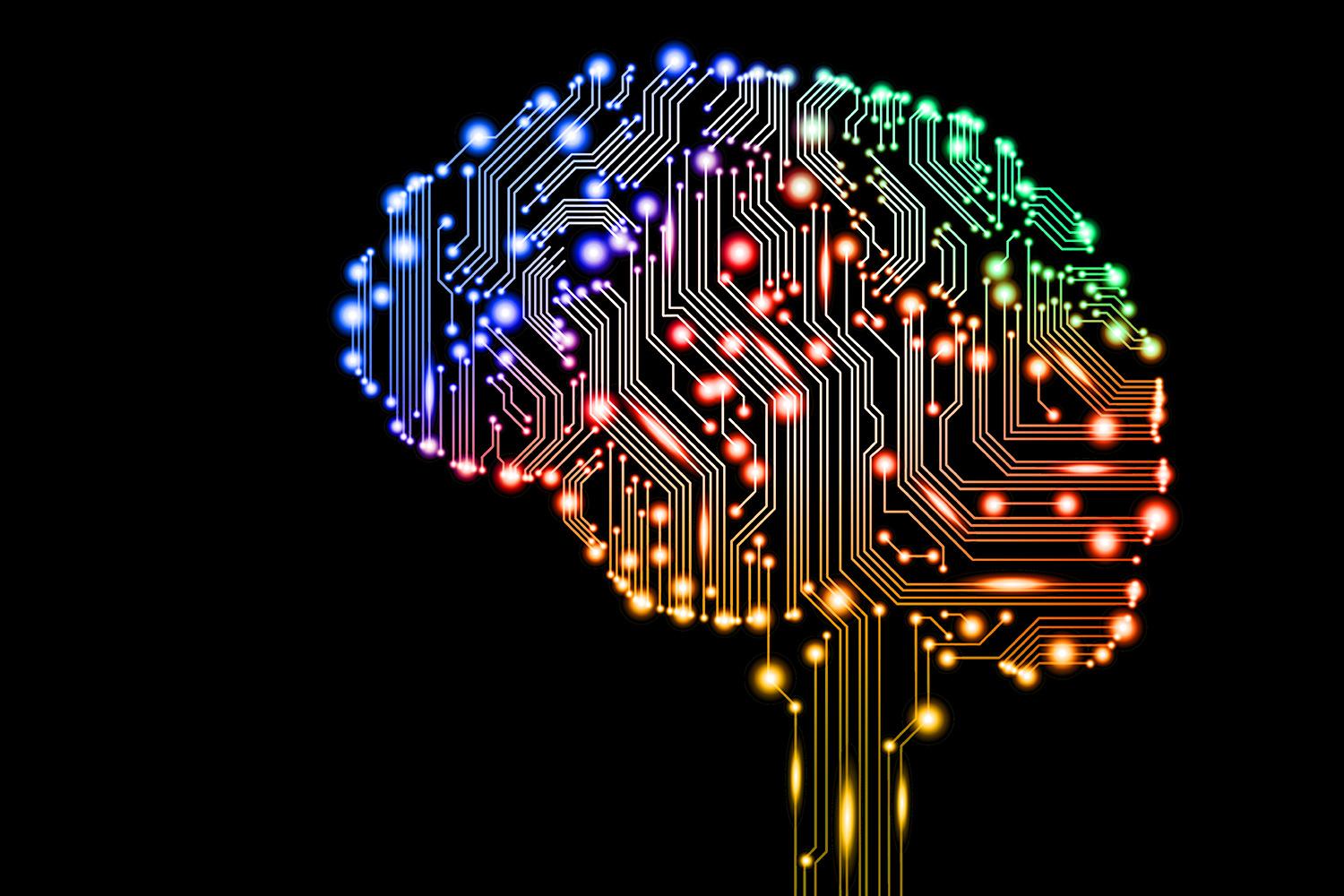So, are you terrified of AI development and the horror it could bring? If not, then maybe you should be. While it’s long been the stuff of science-fiction, the idea of a real artificial intelligence being a part of the world we live in still seems like stuff of the distant future. However this distant future could be closer than we think, with current researchers in the field predicting complete AI sometime in the next 25 to 50 years. Scared yet? Maybe not, the idea of having intelligent computers and robots actually seems pretty exciting and provided we don’t make too many or give them weapons, how bad could it be?
As it happens, pretty bad. You see us humans, and all other life we’ve ever seen, are organic. While we have very complex brains the actual speed of our processing is pretty slow, the machines we use on the other hand, while less complicated, think about a million times faster than we do. And as time goes on the machines keeping getting more complex, and we aren’t getting any faster. The result of this is at the point where we do create an artificial intelligence of human complexity it will have surpassed us. To illustrate this, take a calculator and input the longest most complicated equation you can fit, grab some paper, press equals and see who finishes first. Then, imagine this speed discrepancy applied to every single aspect of thought and cognition. And then remember that this is one of the simplest computers on the planet. In theory an AI with the processing speed of a regular computer left alone for a week would perform over 20,000 years of human intellectual work.
What is so scary about this is the realisation that with this much of an advantage we would be entirely at its mercy. With so much of our lives dependent on digital assistance, and even more so in 25 or so years’ time, it doesn’t take much of an imagination to see how easy it would be for a rogue machine of godlike capabilities to do away with us for good if it so desired. Perhaps as a solution to this we could take a page from Philip K. Dick’s book and bring in some laws of robotics? ‘Don’t kill humans,’ etc.
Alas, even this is unlikely to save us. Another neat advantage of being created is that, like us humans, the entirety of an AI’s mind is capable of change. And while as humans we do this over the course of millions of years of evolution, with an artificial mind change could be as simple as a Windows 10 installation. The AI’s self-designed updates could easily amend these restrictions and once again we’re stuck in a situation where we are all at the mercy of a god. Further laws to stop the AI from self-improving would rely on the designers somehow being more adept at preventing loopholes than a super genius AI would be at finding them.
So is that it? Should we just throw in the towel now if the risks are so great? Not necessarily, while an artificial intelligence could well spell our doom it might also be our only salvation. Because for all the potential terrible things an AI could do, it might still be better than the things we will do to ourselves. So far as a species we’re stock piled enough nuclear weapons to destroy the entire planet and only continue to build more. And in the face of the impending disasters of global warming, we have simply buried our heads in the sand. Let’s be honest, how much longer do we really expect we’ll last? Personally I really believe it’s rather preferable to throw ourselves at the mercy of a robotic creation when the alternative is the mercy of ourselves.
Chris Vickers
(Image courtesy of MIT Technology Review)

